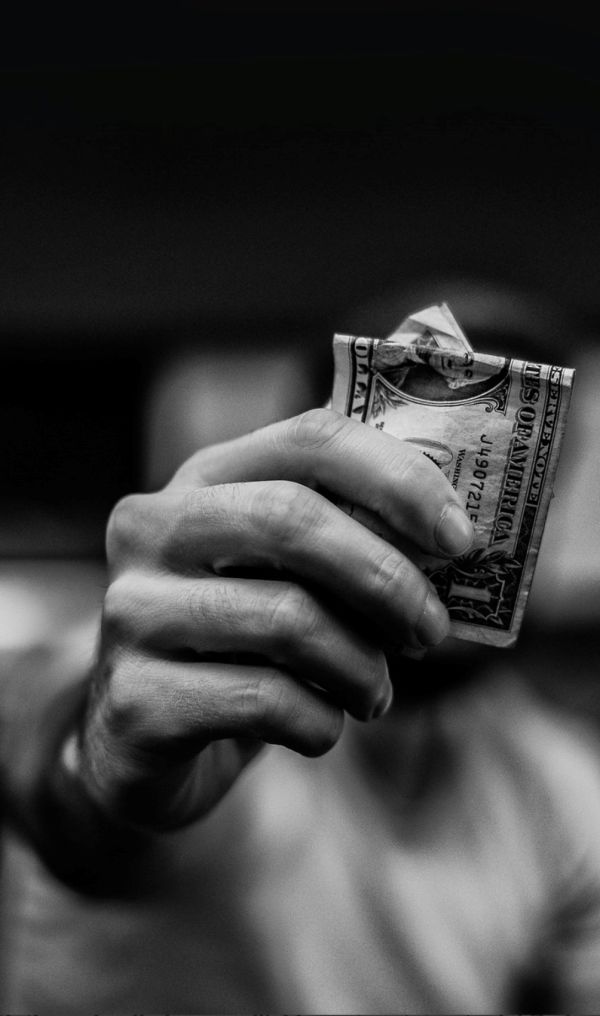Opening armoured gates
(Lk 12:13-21)
«Some parts of our human family, it appears, can be readily sacrificed for the sake of others considered worthy of a carefree existence» [Fratelli Tutti n.18].
Basil the Great commented: «Here we do not condemn those who rob, but those who do not share his».
God’s Gift is complete, but everyone is in need. Why? To accentuate the «fruitful interchange» - Pope Francis would say.
And we are experiencing it: only the desire to be ‘born in reciprocity’ can combat the «impoverishment of all» and the same «cultural sclerosis» [cf. FT 133-138].
Each gesture of generosity conceals the blossoming of an innate life-giving energy, which makes the soul and capital flow outside the tight walls and beyond the edges of one’s storage.
Goad that does not bend people back to convenience. Impulse that conversely shifts our imagination to other horizons, beliefs and desires.
In short, taking communion is a matter of life and death, because rich and poor live or decline together.
Growth is therefore in giving and receiving.
In the unsurpassed Homily 6, the first of the Cappadocian Fathers emphasized that even those who abound in goods are tormented on what to do, asking themselves: «What will I do?».
«He complains like the poor. Are not these the words of who is oppressed by misery? What am I going to do? [...] What will I do? The answer was simple: I will satiate the hungry, open the barns and call all the poor' [...] Do not raise the prices. Do not wait for the famine to open the barns [...] Do not wait for the people to be reduced to hunger to increase your gold, nor the general misery for your enrichment. Do not trade on human misfortunes [...] Do not exacerbate the wounds inflicted by the scourge of adversity. You turn your eyes to your gold and you turn it away from your brother, you recognize every coin and you know how to distinguish the false one from the true one, but you completely ignore the brother who is in need».
The rich man in the parable seems to have no labourers or relatives, no wife, or children and friends: he had them, but in his reality there are - really - only him and possessions.
«Fool!» - God says to him (v.20).
The solution was very simple: opening the gates, so that the piled food could overflow for the needs of the less fortunate - instead of wasting time scrapping and rebuilding warehouses.
Maybe he died of a heart attack, but he was already dead in his soul.
The entrepreneur who scrutinizes the needs of others for profit, immediately perishes inside and outside; he suffers agitation, insomnia, torment, due to the stress of managing those external mirages.
It’s these wacky dreams that then take away breath and become nightmares without any turn, dissipating the best energies.
Here is the threshold of the new Treasures that vice versa can emerge: to trust in life, in the new roads, in the actions that do not block the development of everyone, nor threaten the sense of fraternity.
Leaving aside the hoarding, we can yield to the liberating Exodus.
First step along the Way of our full Happiness: investing the many goods we still have to create Encounter and Relationship.
A matter of life or death (v.20).
[Monday 29th wk. in O.T. October 21, 2024]












